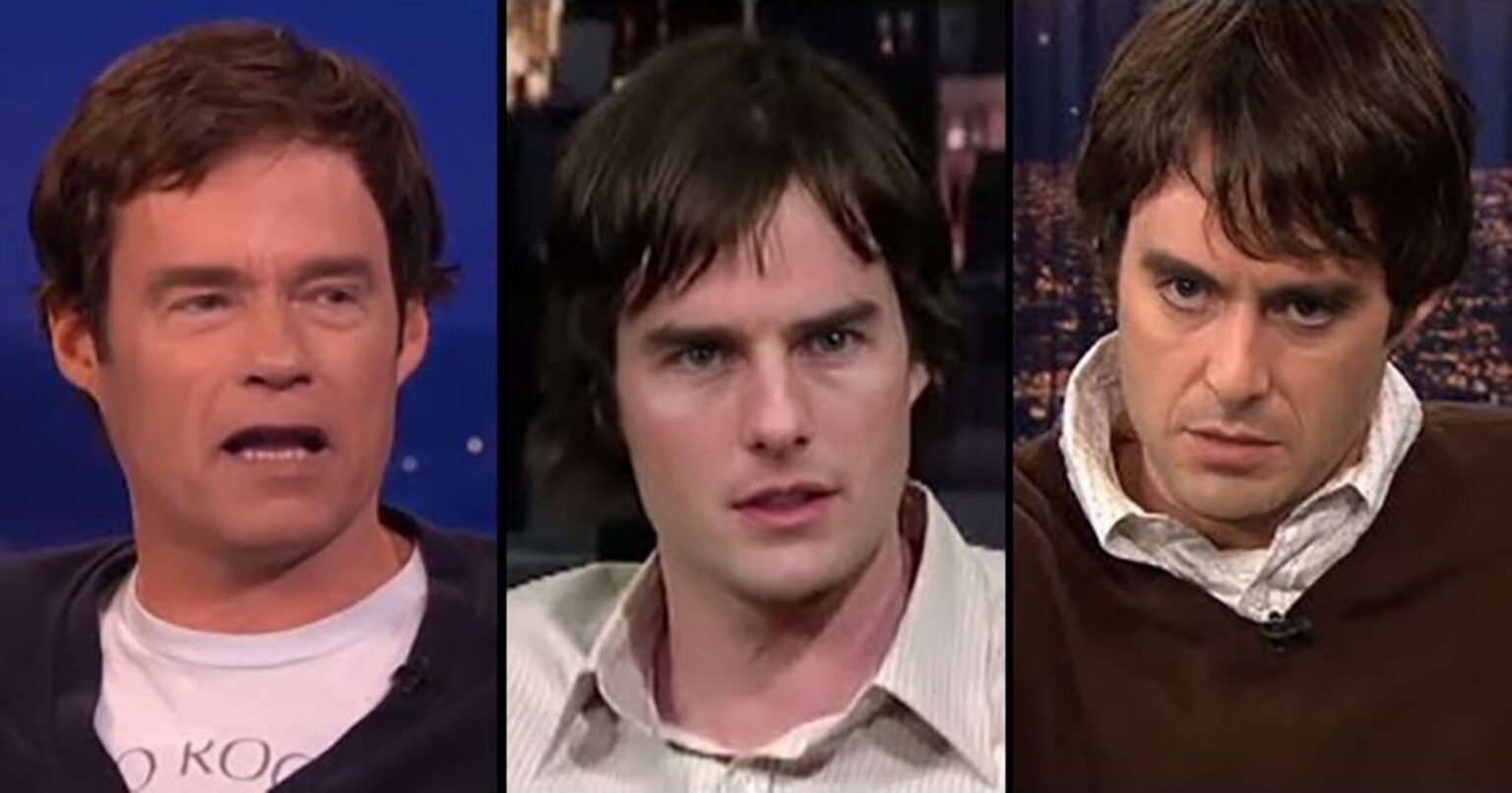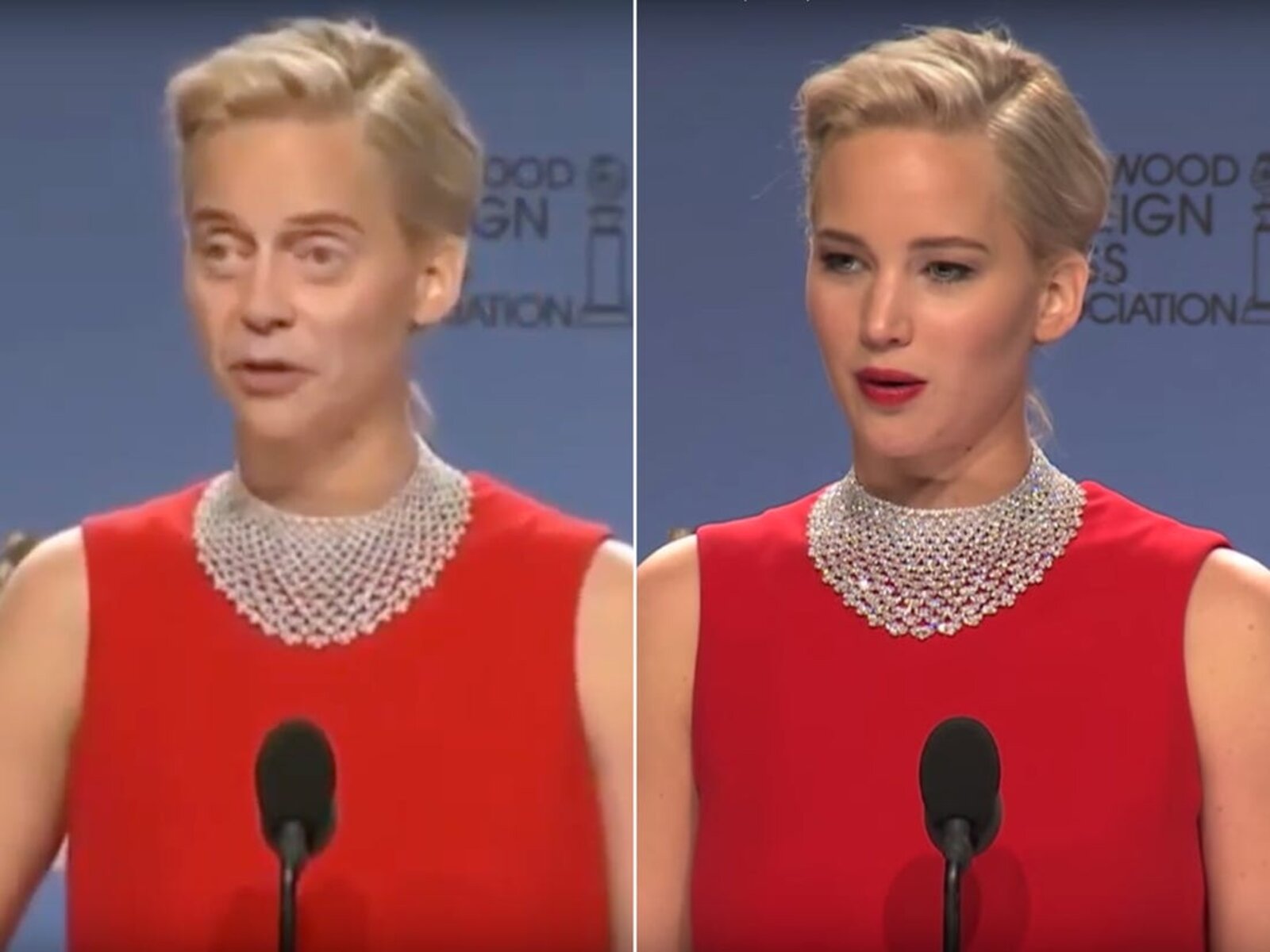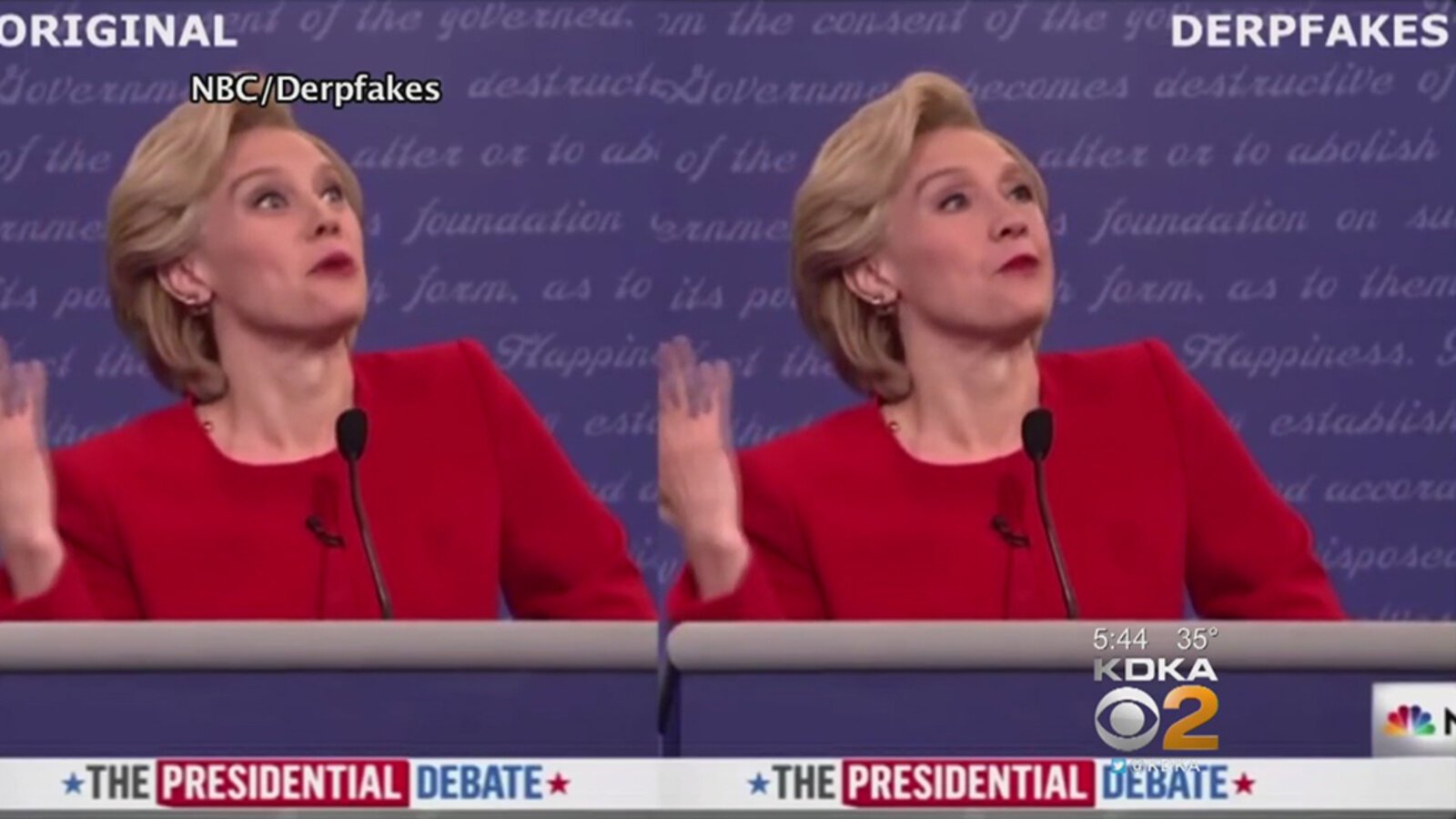
These celebrity deepfakes are so convincing they fooled us
Deepfakes have entered the public consciousness and it’s likely that they’ll be with us for the foreseeable future. What makes something a deepfake is still up for debate. There have always been ways to manipulate media to create convincing visual effects, but it’s generally accepted that a deepfake is a visual manipulation that uses advanced machine learning to create accurately rendered human faces.

Deepfakes bridge the uncanny valley
Deepfake technology revolutionized the film industry by bringing back stars from the dead and now it’s become so cheap and easy to do that anyone can make deepfakes in their basement. Anyone’s face can now easily be replicated convincingly enough for us to start questioning what actually is real. Very quickly, deepfakes are bridging the uncanny valley and may lead us to rely on intuition more than our own perception.
It’s been theorized that we evolved to experience the uncanny valley as a danger avoidance signal. A human walking erratically indicates disease or a face in the shrubs might be an enemy. Now with deepfakes starting to bridge this valley, it will become harder and harder for people not only to recognize who is real, but also what is real. Our dependence on perception might be severely tested in the years to come.

Deepfakes hack biology
With the pervasiveness of deepfakes our biological impulses may be easily hacked to generate calculated reactions. We’ve seen this in the political sphere, but it can just as easily enter our personal realm. Recently there have been virtual kidnappings where criminals will claim to have kidnapped someone and try to extort money from the family, without actually having abducted anyone.

What will you believe when deepfakes are everywhere?
This kind of despicable behaviour will only become more convincing as people’s likenesses become easier and easier to render and duplicate. There’s a chance that deepfakes will usher in a world where no one believes in anything and it becomes increasingly difficult to come to a consensus on what is the best action to take in any particular circumstance. Deepfakes might make everything plausibly deniable.

Skepticism may thrive as deepfakes multiply
A world where everything can be denied will make everyone into a skeptic. If taken to an extreme, deepfakes might ultimately even create a skepticism of the self. This is problematic because unlike Descarte’s famous skepticism of the self, there will be no philosophical ground of investigation that you could pursue to dig yourself back out. Instead, we might be forced to redefine what is important.
What would a blind person define as important when distinguishing reality? What does a deaf person need in order to accept something as real? What is important to someone in a dream? With deepfakes becoming increasingly sophisticated and prevalent, these are the questions we should be asking ourselves. A day may come where we can’t use perception to define what is important, or even reality itself.

What will be important when deepfakes reign?
Is it important that Jennifer Lawrence doesn’t actually look like Steve Buscemi? It’s hard to know what people will say about that in 10 or 15 years. Evolution takes a long time and it’s unlikely that we will be able to adapt easily to the sudden changes that deepfakes might bring about, but the challenges ahead may be outside the realm of biology, to begin with.



